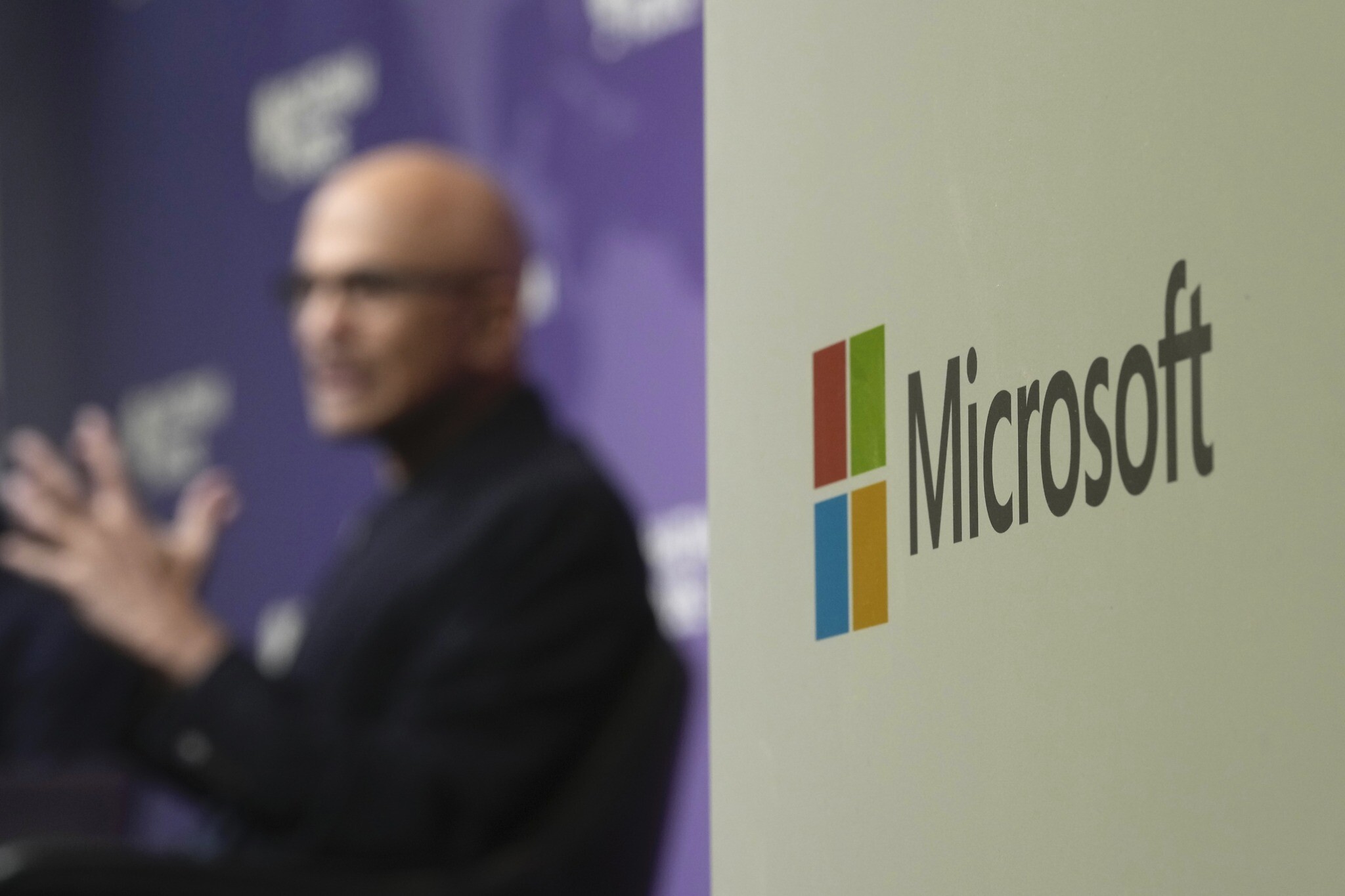
In a significant development highlighting the evolving landscape of cybersecurity threats, Microsoft has unveiled examples of cyber activities originating from Iran and North Korea. These revelations underscore the persistent challenges posed by state-sponsored actors and emphasise the critical importance of global collaboration in addressing cyber threats effectively.
Iran and North Korea have long been identified as sources of significant cyber threats, with both countries suspected of engaging in state-sponsored cyber operations aimed at various targets, including governments, corporations, and critical infrastructure.
Iran’s Phosphorus (APT35) Group: Sophisticated Cyber Espionage Tactics
One of the key examples highlighted by Microsoft involves an Iranian threat group known as Phosphorus (APT35), which has been observed engaging in sophisticated cyber espionage campaigns targeting organizations in the Middle East, Europe, and North America. Phosphorus has reportedly utilized techniques such as spear-phishing emails and malicious websites to gain unauthorized access to sensitive information and compromise targeted networks.
North Korea’s Lazarus Group: Notorious Cybercriminal Organization
The disclosure also includes insights into the activities of the Lazarus Group, a notorious cybercriminal organization believed to be linked to the North Korean government. Lazarus Group has been implicated in a wide range of cyberattacks, including financially motivated operations targeting banks, cryptocurrency exchanges, and financial institutions worldwide. The group’s tactics often involve malware, ransomware, and other advanced techniques designed to infiltrate and disrupt critical systems.
By sharing these examples, Microsoft aims to empower organisations to enhance their cybersecurity posture and better defend against emerging threats. The company emphasizes the importance of proactive threat intelligence sharing, collaboration among industry stakeholders, and the adoption of robust cybersecurity best practices to mitigate the risks posed by state-sponsored cyber actors.
The disclosure of Iran and North Korea’s cyber activities underscores the need for a coordinated and multi-faceted approach to cybersecurity at the national and international levels. Governments, businesses, and cybersecurity experts must work together to develop effective strategies for detecting, deterring, and responding to cyber threats, including those originating from state actors.
Furthermore, the examples provided by Microsoft serve as a reminder of the constantly evolving nature of cyber threats and the imperative for organisations to remain vigilant and adaptive in their cybersecurity efforts. Threat actors are constantly innovating and adapting their tactics, making it essential for defenders to stay ahead of the curve through continuous monitoring, threat intelligence sharing, and investment in robust cybersecurity technologies and practices.
In conclusion, Microsoft’s disclosure of examples illustrating Iran and North Korea’s cyber activities underscores the urgent need for collective action to address the growing threat of state-sponsored cyber attacks. By raising awareness and sharing actionable insights, Microsoft aims to empower organisations to strengthen their cybersecurity defenses and safeguard against emerging threats in an increasingly interconnected and digital world.








Very impressed